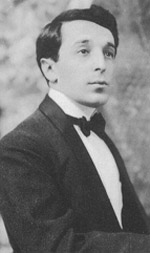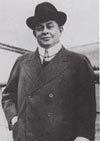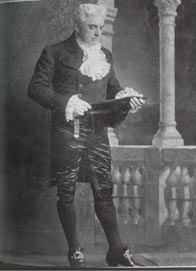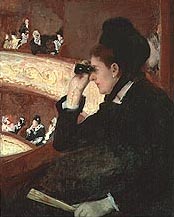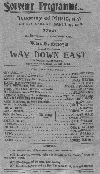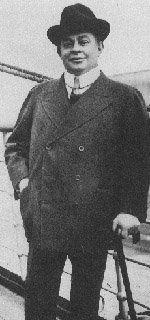
|
On August 31, 1896 six men gathered at the Holland House Hotel to discuss the creation of what would be name The Theatrical Syndicate. Abraham Lincoln Erlanger, Charles Frohman, Al Hayman, Marc Klaw, Samuel Nixon, and Fred Zimmerman pooled their resources--theatres that they owned, leased, and booked--to create more rational trips for theatres troops when they were on the Road. They told the theatre world that they would rid the theatre business of managers who booked several shows a night to ensure a performance (leaving the extra shows with nothing). They promised they would help the producers cut expenses by booking the troop in a logical route with stops all along the way.
The rise of the Syndicate was a logical progression now that performances were on The Road, but with this new trust, both the show and the theatre itself were controlled by one company. Soon the Syndicate had created a monopoly which only allowed performers and houses to work with Syndicate products or not at all.
